New electrode material for solid-state batteries improves performance
Green Car Congress
FEBRUARY 21, 2021
An all-solid-state lithium battery using inorganic solid electrolytes requires safety assurance and improved energy density, both of which are issues in large-scale applications of lithium-ion batteries. Operational difficulty of all-solid-state batteries using them generally lies in the construction of the electrode-electrolyte interface.

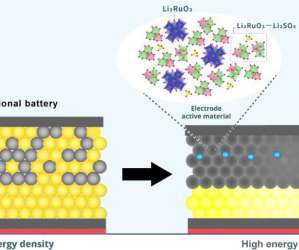
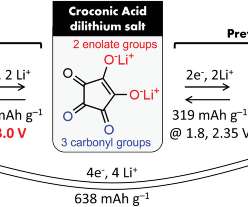



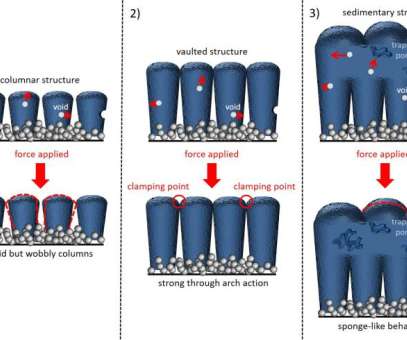











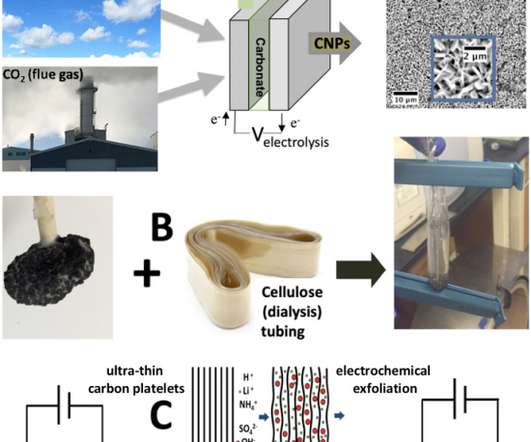






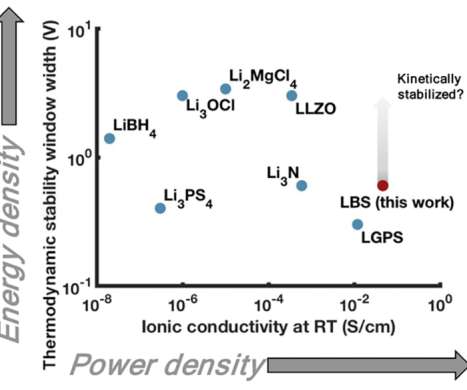

















Let's personalize your content